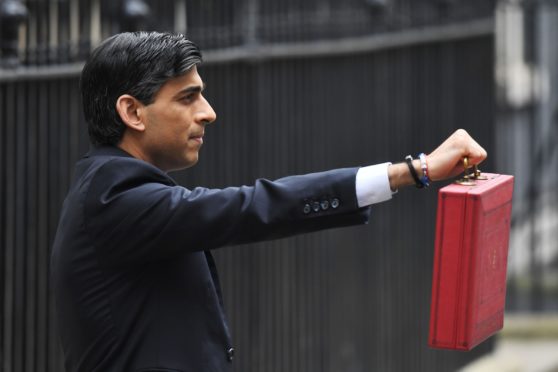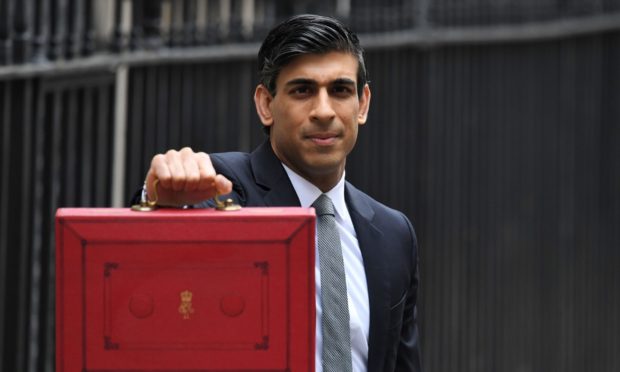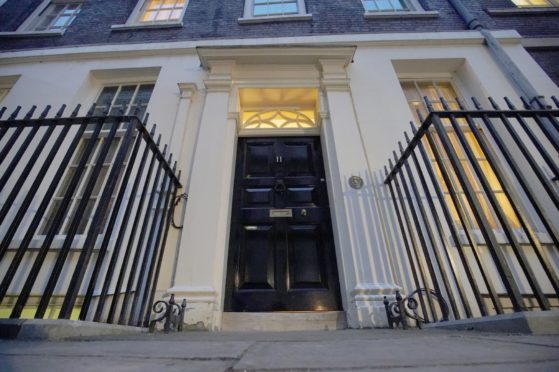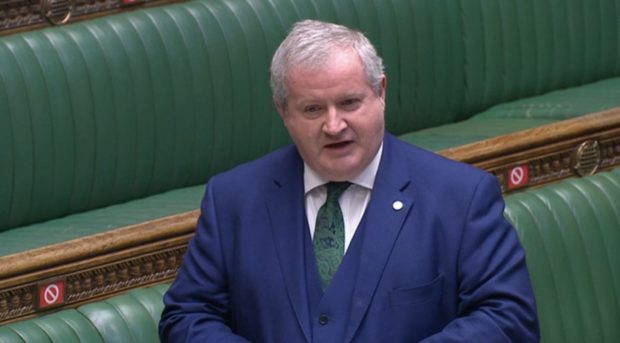Rishi Sunak has unveiled a £65billion coronavirus support package to “protect jobs and livelihoods” as Britain emerges from the pandemic.
The Chancellor confirmed the furlough scheme, 5% VAT rate for hospitality and Universal Credit uplift would all be extended until September.
Mr Sunak also allocated billions of pounds in business grants and tax cuts to help employers while lockdown restrictions remain and the economy recovers from the worst recession in 300 years.
Official figures show more than 700,000 people lost their jobs in the last year, while the economy took a 10% hit.
Despite positive OBR forecasts of growth at 4% this year and 7% next year, Mr Sunak warned that repairing the long-term damage “will take time”.

He said: “We have announced over £280 billion of support, protecting jobs, keeping businesses afloat, helping families get by.
“Despite this unprecedented response, the damage coronavirus has done to our economy has been acute.
“It’s going to take this country – and the whole world – a long time to recover from this extraordinary economic situation.”
Mr Sunak said the Budget deficit – the gap between spending and receipts – would soar to a peacetime record of £355bn this year, or 17% of GDP, in a reflection of the scale of the government response to Covid-19.
The tax burden will also increase to its highest level for more than 50 years, with corporation tax hiked to 25% from 2023.
The Office for Budget Responsibility (OBR) said raising the headline corporation tax rate, freezing personal tax allowances and thresholds, and taking around £4 billion a year more off annual departmental spending plans would raising a total of £31.8 billion in 2025-26.
The measures announced in the Budget increase the tax burden from 34% to 35% of gross domestic product (GDP) – a measure of the size of the economy – in 2025-26 to “its highest level since Roy Jenkins was chancellor in the late 1960s”.
To offset the long-term tax hit on businesses, Mr Sunak unveiled what he described as the “biggest business tax cut in modern British history” to encourage renewed investment to kick-start the economy.
Under the so-called super-deduction scheme, businesses who invest in the next two years will be able to claim 130% of the cost against their tax bill.
He said that such a scheme had “never been tried before in this country” and would make the UK the most competitive advanced country for investment.
Fuel duty will be frozen for the tenth year in a row and alcohol duties for the second year.
In addition, the Treasury will establish a new recovery loan scheme providing finance for companies of between £25,000 and £10 million.
In the hope of preventing a new unemployed generation of the young, Mr Sunak also announced that firms who took on new apprentices would get grants of £3,000 — double the present support.
On top of the all the UK-wide schemes, Scotland will receive an additional £1.2 billion in Barnett consequentials as a result of additional spending.
Mr Sunak said the plan demonstrated the “strength and stability of our economic union”, adding: “This Budget will ensure the people of Scotland continue to be supported through our plan for jobs, committing more than a billion pounds in extra investment and funding to help fuel the UK’s recovery.”
Labour leader Sir Keir Starmer said the Budget was a “quick fix, papering over the cracks” but “didn’t even attempt to rebuild the foundations of our economy or to secure the country’s long-term prosperity”.
“The scale of what the Chancellor announced today is nowhere near ambitious enough,” he told MPs.
SNP Westminster leader Ian Blackford agreed, telling MPs the Budget “completely failed to deliver”.
He added: “The Chancellor has produced a Budget that offers people the bare minimum, a Budget that completely fails to take responsibility for the mess that they have made of Brexit.”
Mr Blackford also took aim at plans to spend in devolved areas through the levelling up fund, he said: “For a year now, the Tories have been in panic, privately planning for an independence referendum that they publicly say won’t happen.
“The purpose of the Internal Market Bill, of the Union Unit and the now so-called Levelling-Up Fund is crystal clear – they are all an attack on devolution.
“The Chancellor is undermining our parliament and centralising resources and decision-making at Westminster.”
Despite Mr Blackford’s attack on the budget, business groups in Scotland have welcomed some changes, in particular, to the furlough scheme.
Andrew McRae, the Scotland policy chair of the Federation of Small Businesses, said the announcements “gives the bulk of Scotland’s small business community more fuel to get through the last lap of this crisis”.
Scottish Tory leader Douglas Ross also praised the Budget, describing it as delivering “vast economic support and investment to individuals, businesses and communities across Scotland”.


